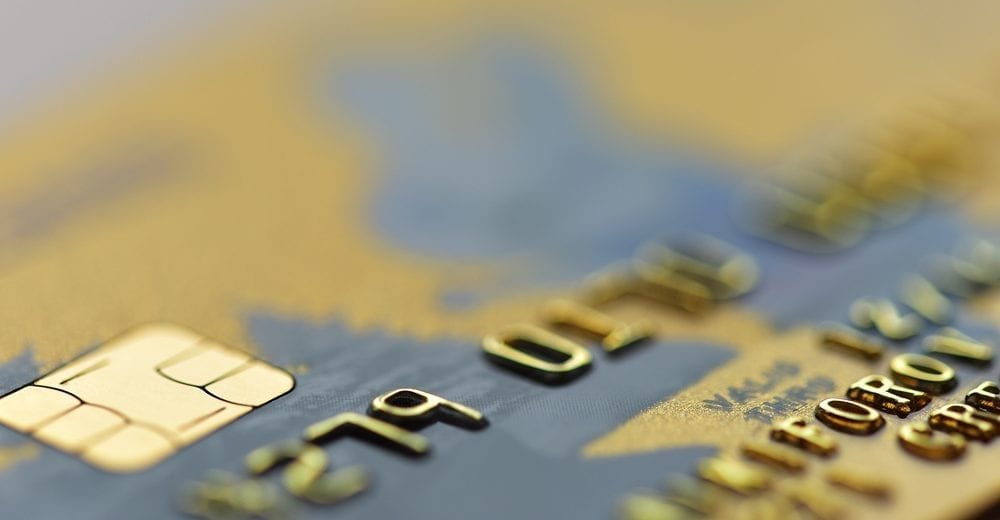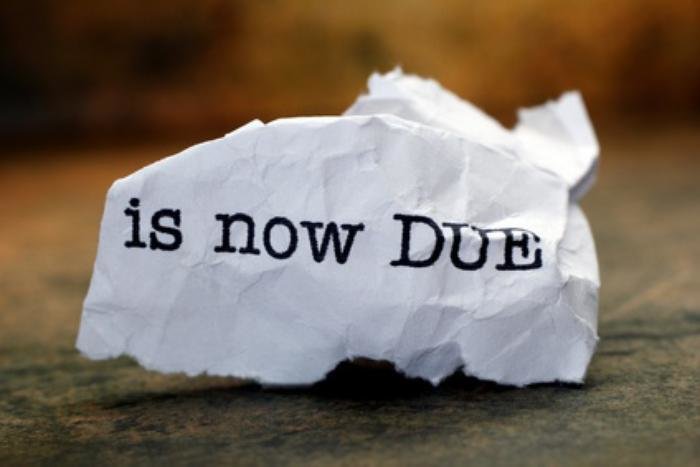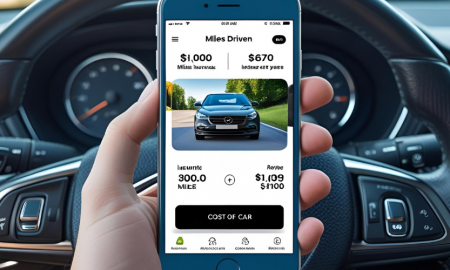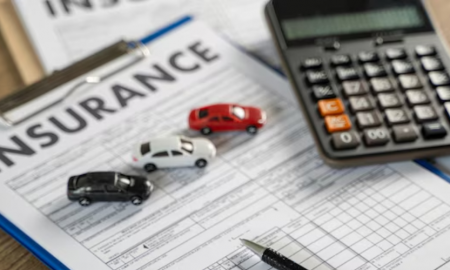
Why Our Consumer Nature is the Only Reason that Hinders us From Being Debt-free

Debt is one of the issues that greatly riddles U.S consumers. As a matter of fact, it is common knowledge that one-third of the monthly income in American households is redirected to debt. Additionally, according to data collected by Northwestern Mutual’s 2018 Planning & Progress Study, they further spend more money on wants rather than needs.
According to the director of planning for Northwestern Mutual, Emily Holbrook, the need to have immediate wants satisfied is not worth the long-term detrimental effects that debts have.
Moreover, as per the records released by the Federal Reserve, the current total credit card debt has reached a high of $1 trillion. Additionally, the average interest reported for the given accounts was about 17 percent. This means that consumers are releasing about $100 billion as interest annually.

The desire to purchase luxury items and goods are what is spiraling the nation’s credit card debt out of control. This, in turn, affects other financial aspects of consumers such as saving, In fact, nearly half of all Americans have less than $1000 saved up in their savings account
As per the report released last week, a survey was carried out targeting 2000 adults; and it showed that household debt is slowly becoming widespread and climbing as time goes by.
As a matter of fact, the number of consumers who reported they were debt-free dropped from 27 percent last year to 23 percent this year.
One of the major issues of this decrease is credit card balances. In fact, credit card balances actually equal mortgages as the highest reasons for debt, catapulting from 19 percent to 25 percent this year.
Plus despite the fact that nearly half of all the respondents mentioned clearing their debt as their major financial objective for 2018, it’s been observed that the average debt, minus the addition of mortgages, has increased by up to $38,000 this year from $37,000 the previous year.
Hence, for those who are planning to clear off their credit card debts, here are some tips that you can absorb.
Reorganize your repayment measures
There are a couple of features that you can look at to pay off your credit card debt.
The first option involves channeling a majority of your repayments to the card that currently accrues the most massive interest rate. In simpler terms, you can be regularly paying off the minimums on the cards that have lower rates as you direct any extra income to the debts that have the highest interests.
Once you have finalized the debt for the highest interests debited cards, you can move to subsequent cards with high rates.
Another strategy is to first work towards paying your lowest balances first. This will certainly help you gain momentum as you aspire towards finalizing the remaining debts and having them completed.
Consider any balance transfer options that you might have
If you happen to have a great credit score, you might be able to qualify for a balance transfer offer with low interest or even zero interest. In this case, the wisest thing is to take it.
While these sort of opportunities usually have a balance transfer fee, the introductory rate can run from anywhere between a couple of months up to a year, or even more. However, in the end, the remaining balance is then accrued with an interest at the given rate.

Credit card debt is one of the hardest debts to overcome, as people are naturally predisposed to always want more. It requires a lot of discipline, patience, and confidence to overcome massive credit card debts.
With this setup, not only do you escape high-interest rates being capped on the debt, but also it will help you pay the loan at a much faster rate.
However, to successfully pull this off, you’ll need to have some discipline and resolve. As a matter of fact, you shouldn’t access any of the old or new credit cards as this will only serve to lead you further into debt.
More inAdvice
-
`
U.S. Reduces Tariffs on Japanese Cars to 15% Under Trump’s Deal
In a move reshaping U.S.-Japan trade relations, former President Donald Trump confirmed a new agreement that slashes tariffs on Japanese car...
August 9, 2025 -
`
Adults in Ohio Face Stricter Rules to Obtain Driver’s License
Ohio has passed a new law that will change the way adults under 21 get their driver’s licenses. Signed into law...
July 31, 2025 -
`
Gen Z Craves Career Guidance, But Their Parents Are Struggling Too
Gen Z is stepping into the future with curiosity and ambition—but they’re not doing it alone. A growing number of teens...
July 25, 2025 -
`
Do Car Insurance Companies Offer Pay-As-You-Go Plans?
Car insurance premiums often feel unfair to people who rarely drive. Yet, most traditional auto policies still charge a fixed monthly...
July 17, 2025 -
`
Why the Koenigsegg Sadair Spear Is the Ultimate Hypercar Beast
Koenigsegg has revealed a new beast—the Sadair’s Spear. Tuning its focus on raw performance and brutal speed, this hypercar marks the...
July 11, 2025 -
`
Which States Have the Safest—and Riskiest—Drivers in America?
Driving safety isn’t just about skill. It’s also about location. A recent nationwide report shines a spotlight on where drivers are...
July 4, 2025 -
`
How to Save on Tesla Car Insurance Without Compromising Coverage
Owning a Tesla often brings savings on fuel and a futuristic driving experience, but the conversation changes quickly when it comes...
June 26, 2025 -
`
10 Weird Cars That Turned Heads and Won Hearts
Some cars turn heads with speed, others with luxury—but a rare few grab your attention simply by being delightfully strange. From...
June 20, 2025 -
`
Next-Gen Jeep Cherokee Expected to Arrive by Late 2025
After a break of two years, Jeep is prepared to relaunch the Cherokee brand. The automaker confirmed the return with fresh...
June 12, 2025















You must be logged in to post a comment Login